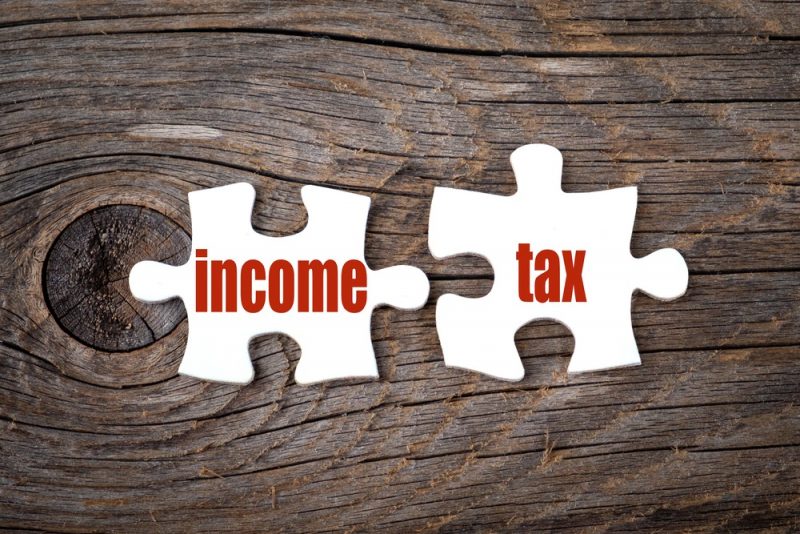Assessing the Validity of an Income Tax Assessment: A Case Analysis
22 Sep, 2023
2955 View
Introduction
- This article delves into the intricacies of a recent appeal directed against an income tax assessment order for the assessment year 2016-17. The appeal, dated 17-03-2021, was filed by the assessee challenging the order passed by the Chief Commissioner of Income Tax (CCIT) under Section 263 of the Income-tax Act, 1961.
Background
- The appeal in question had a delay of approximately 45 days, which the assessee attributed to the COVID-19 pandemic. The delay was ultimately condoned, and the appeal was admitted for disposal on its merits. The case involved two primary issues - the computation of capital gains and the deduction of remuneration to partners.
- Computation of Capital Gains
- The first issue revolved around the computation of capital gains. The CCIT contended that the assessee incorrectly computed the income under the head "Capital gains" by considering the cost of acquisition of debentures at Rs. 56.00 crore. However, it was revealed that the debentures were initially acquired for Rs. 50.00 crore, with an additional Rs. 6.00 crore capitalized for interest on loans. This interest had not been claimed as a deduction earlier. When the debentures were sold in the year under consideration (FY 2016-17), the interest cost was also deducted from the full value of consideration for computing the long-term capital gain. The Tribunal found this approach in line with the law and set aside the CCIT's order on this matter.
- Deduction of Remuneration to Partners
- The second issue centered around the deduction of remuneration to partners. The CCIT argued that the assessee wrongly claimed a deduction of Rs. 22.50 crore in relation to long-term capital gains, which was not allowable under Section 40(b)(v) of the Act.
- The case initially underwent a limited scrutiny, with the AO's scope of verification focusing on the genuineness of capital gains and their correct reflection in the return of income. The CCIT did not dispute the genuineness of the capital gains claimed by the assessee. However, the CCIT contested the deduction of remuneration to partners, asserting that since there was nil income from operations, such deductions were not permissible.
- The relevant section, Section 40(b)(v), specifies that remuneration to partners can be computed with reference to "book profit" and "book profit" is defined as the net profit shown in the Profit and Loss account, computed in accordance with Chapter IV-D. This chapter is exclusive to the computation of income under the head "Profits and gains of business or profession." Therefore, remuneration to partners should be calculated based on income under this head and not other incomes, such as capital gains or income from other sources.
- The CCIT cited a judgment from the Calcutta High Court, suggesting that remuneration to partners should be calculated based on income from all heads. However, another judgment from the Rajasthan High Court contradicted this interpretation, asserting that remuneration should be computed only with reference to income from the head "Profits and gains of business or profession."
Conclusion
- The Tribunal, considering the precedents and legal provisions, found the issue of remuneration to partners to be debatable, as two differing views existed. In such cases, where two legally sustainable views exist, and the assessing officer adopts one of these views, the Chief Commissioner cannot revise the order under Section 263.
- Ultimately, the Tribunal allowed the appeal, stating that the CCIT's assertion that the assessment order was erroneous and prejudicial to the interest of the Revenue was unfounded. This case highlights the importance of clear legal provisions and the need for consistency in interpreting and applying tax laws.
Topic- Bharatnagar Buildcon Llp Versus Principal Income Tax Officer
Court-ITAT-Pune
Date-07/09/2023
Team Taxonation

Comment: